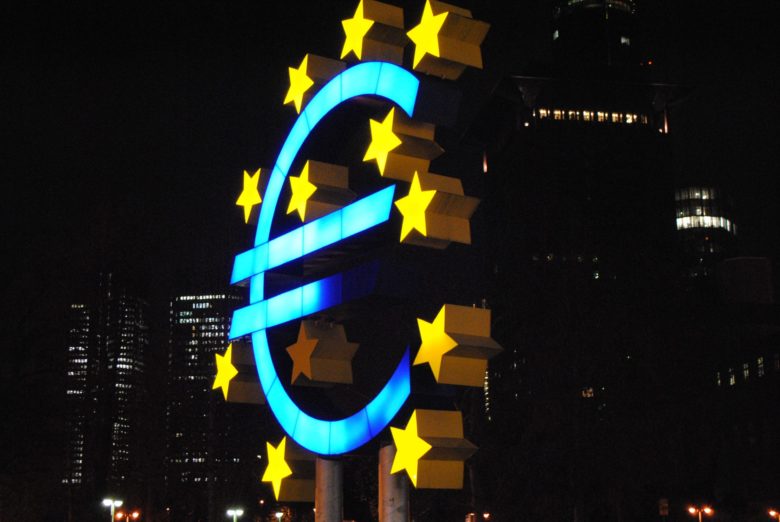The EIC Fund: For The First Time The European Commission Makes Direct Equity Investments

The European Innovation Council (EIC) Fund now has its official entity and is ready to start investing. This is the first time the European Commission will make direct equity investments in companies. Expected to reach €3B, the new fund will invest between €0.5m and €15m in breakthrough innovation companies selected for EIC Accelerator.
The EIC Fund is designed to fill the funding gap at the startup stage where the “EU venture capital market underperforms compared to the global venture capital market,” reads the official announcement. The European Investment Bank, as advisors of the EIC Fund on behalf of the European Commission, will manage the ownership stakes of the European Commission.
“The EIC Fund – the first of its kind – will help our most innovative start-ups and SMEs rapidly bring their innovative products to European and global markets, while growing their companies and talent within the EU,” comments Mariya Gabriel, Commissioner for Innovation, Research, Culture, Education and Youth.
Who is it for
The European Innovation Council was founded last year with the idea to help entrepreneurs, small businesses, innovators, and scientists scale their organizations internationally. From next year on the new fund will be financed by the EIC under the EU Research and Innovation Framework Programme (2021-2027) – Horizon Europe. The EIC budget is currently proposed at €10B, and it’s expected that at least one third will be managed by the new fund. Currently, the EIC is still on the lookout for private co-investors.
The first milestone companies need to reach before being eligible for funding from the EIC fund is getting selected for the EIC Accelerator. The piloted in 2019 EIC Accelerator program itself is designed for SMEs and startups with “radically new ideas underpinned by a business plan for rolling out marketable innovation solutions and with ambitions to scale up”. The program that features grants between €0.5M and €2.5M is sector agnostic. The program is for companies from the EU, but also from a number of other countries from Eastern Europe and the Northern Balkans that are associated with the Horizon 2020 framework. Equity between 10% and 25% is what the EIC will be looking for.
So far, 102 companies, both startups and SMEs, working in tech-intensive sectors such as health, digital, energy, etc., have been preselected for the Accelerator. Nearly €400M are expected to be invested in these companies. Interestingly enough, in the list of the selected companies, we couldn’t find much SEE footprint. The only SEE representative is the Bulgarian logistics startup Transmetrics that was chosen to receive 1.7M grants from the EIC to further develop its platform last December (read the whole story). This either means that there’s not enough information about the opportunities in the region, or there’s no critical mass of innovative companies.
At the beginning of June, the Commission announced that it has awarded nearly €166M, via the EIC Accelerator Pilot, to 36 companies set to combat the coronavirus pandemic. In addition, over €148M will be granted to another 36 companies set to contribute to the recovery plan for Europe.
EC to the rescue of startups’ recovery
“Startups drive high skilled job creation and growth. They are key to Europe’s competitiveness, our capacity to innovate and our strategic technological leadership. Unfortunately, there is a substantial market failure in Europe that makes it difficult for them to get funding. The COVID-19 crisis is also taking its toll as many start-ups now face even greater constraints than before. That is why we are glad to support the EIC Fund which comes just as it is most needed and which will help Europe’s start-ups to scale-up and reach the next level,” said Ambroise Fayolle, EIB Vice-President for Innovation.
At the beginning of June, the Commission proposed to further extend the scope of the temporary framework by enabling the Member States to support certain micro and small enterprises, including startups that were already in difficulty before 31 December 2019. The main purpose of the Temporary Framework is to provide targeted support to otherwise viable companies that have entered into financial difficulty as a result of the coronavirus outbreak.




























